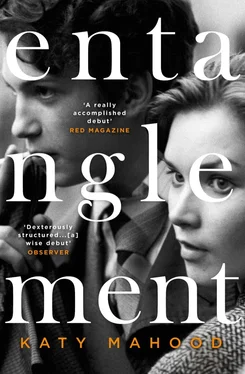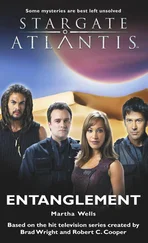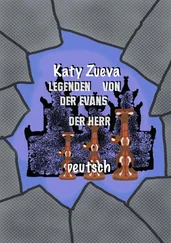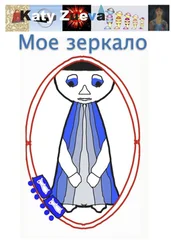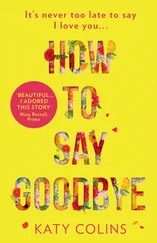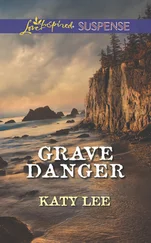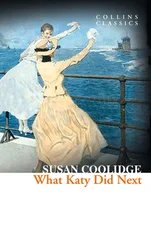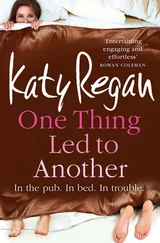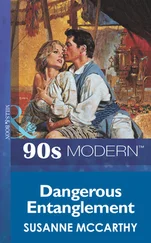They sat together, smoking. After a while, Limpet rubbed his eyes and looked at Charlie.
‘What’s with the suit?’
Charlie scratched at the egg stain. ‘It’s Annie’s wedding today. You’re coming, right?’
Limpet drew hard on his cigarette. ‘You want a lift?’ he asked without looking up.
When Limpet had turned up with his mother’s Hillman Imp last month, Charlie had wondered how the old car had made it down the M1. It was so rusty around the door frames and the fender, he was surprised that nothing had fallen off. But the car seemed to be indestructible and Limpet, to Charlie’s surprise, turned out to be a keen mechanic, tinkering away with the engine when he wasn’t playing his guitar. Still, Charlie was certain that the car was an accident just waiting to happen.
‘Hm, thanks mate, but I’m going to take the Tube.’
Charlie liked the Tube. He liked to imagine that all of London flowed through its tunnels: past, present and future. He loved the descent into its warmth and the way he could emerge a short time later in another part of the city. It had taken him years to match the spread of the city above ground to Harry Beck’s inspired but misleading Tube map and, like any seasoned Londoner he loved his insider’s knowledge of the short cuts and the simplest changes. He adored the smell and the pace of that world underground, the warm blast of air when the train was about to arrive and the giddy rush of the carriages as they drew in just inches from your face. Down below the surface, Charlie found clues of the city’s past everywhere: at Marylebone, where the old station name ‘Great Central’ was tiled along the platform wall; at Charing Cross, where torn layers of posters dated back a quarter century to the Festival of Britain. In the constant motion of the Tube trains and commuters Charlie saw a cascade of lives and times: the tight-lipped Edwardian lady, the bowler-hatted Metrolander, the demobbed Tommy, the East End families sheltering on the platforms, the Mods and Rockers picking fights with each other, the punks picking fights with everyone. The Tube, he thought, was the keeper of the city’s secret history, written in the footfalls of the people who’d passed through it.
The jangle of the phone made them jump. Shaking his head, Limpet lifted it from its cradle. His eyes widening as he passed it to Charlie.
‘Hello?’
There was a hiss and muffled breathing. Then his sister’s voice. ‘Charlie?’
‘Annie – you OK? – what’s up?’
‘I – it’s – I’m—’
Charlie could picture her holding her hand over the receiver, trying to compose herself.
‘Annie, it’s OK.’
‘I’m frightened, Charlie.’
She was scared that their mother would turn up uninvited to the wedding.
‘She might get it into her head to get on the Tube and it’s only an hour from home –’
(How can she call it home? thought Charlie. It’s never been a home to us.) ‘– and then she might just show up and Ben will be furious. He’s already stormed off God knows where and we’ve only got a few hours and …’
Her voice was growing louder and beginning to race, trying to outrun the tears that were creeping up at the end of her words.
‘Annie, Annie. Slow down, shhh.’
Her voice became clearer. ‘Charlie?’
There was a cadence to her voice that he recognised from their childhood; the unfailing faith she had in him to find the answer, to fix things when they went wrong. And why wouldn’t she have faith? Charlie had been the one who’d taken care of her when their mother hadn’t or couldn’t. It was he who’d balanced on a chair to cook eggs and beans while Annie played on the kitchen floor, knees grey with cigarette ash, nappy heavy with piss. And later, it had been Charlie who had stood between their mother and angry boyfriends, he who’d run things when she’d left them for days on end. When Annie’s periods had started, it was Charlie she’d asked for the money to buy her first box of Dr Whites. And now, he could hear in her voice, she needed him again.
‘Annie do you want me to come over?’
‘Yes,’ she said. ‘Please, Charlie, will you come?’
Lying on the sofa, his eyes fixed on a smudge on the ceiling, Limpet seemed to have fallen into a trance. Charlie poked him on the arm.
‘Mate, don’t you think you ought to go back to bed? You look like shit.’
Limpet bolted upright, his eyes locked on his flatmate. ‘When’s the wedding then?’
‘Eleven. I’ll see you there, right?’
‘Yeah man, see you later.’
‘And Limpet?’
‘Yeah?’
‘Go back to bed, for fuck’s sake.’
The front door opened onto a tiny triangle of green. On a bench in the far corner a sparrow was hopping back and forth, but otherwise the street was empty. In the quiet of the early morning, West End Lane was spacious and peaceful, the windows of the red-brick flats above blanked by curtains as Charlie walked towards Kilburn. Annie and Ben lived above the High Road, down an alley beside the fishmongers and up a geriatric zigzag of rusting iron steps. From outside their front door, Charlie could see a clutch of lime trees peeking out from a garden on the street behind, their leaves sticky in the watery sunshine. He banged the door with the flat of his hand and Annie answered wearing a floral housecoat and clogs. To his relief, she was smiling, a wide grin that showed a dimple in her left cheek. Charlie pulled her into a hug and kissed the top of her head.
‘Aren’t you supposed to be having a crisis or something?’
She pulled away and laughed, a surprisingly low chuckle for someone so slight. ‘Look!’ she gestured inside to the kitchenette, her sleeve riding up to reveal a livid bruise on her wrist. She tugged at her cuff and Charlie looked away.
‘Ben,’ he said.
‘He came back!’ Annie exclaimed with a shrillness that made her brother’s jaw tighten.
A great coal-haired sprawl of a man, Ben dwarfed the chair he sat on, limbs splayed out in all directions.
‘Hi Chaz,’ he said, ‘bit early for a social call, isn’t it?’
Charlie glanced at the clock – it had just gone 8 – and grimaced. ‘Bit early for anything, mate.’
Annie held the kettle up, brow furrowed but her mouth set in a smile, her spare hand fluttering about her face.
‘Tea, dear boys?’ she asked. ‘Got a bit of a busy day ahead of us.’
Annie’s father had left before she was born, just as Charlie’s father had done. One morning when Charlie was four, their mother had leaned across the dirty breakfast table, scarlet dressing gown gaping open across her leaking breasts, and said to him, ‘You’re the man round here now.’ Eating his Weetabix, he had looked with intrigue at the baggy skin of the mewling creature she was holding and said nothing. From then on, though, he’d known this baby would be his responsibility; that he would need to protect her from the tidal waves of fury and despair and the many drunken boyfriends that passed through their mother’s life.
They had moved with their mother from place to place, the oniony smell of dirty linen and glasses ringed with whisky residue the only constant. And yet there had always been good days. Those were the days when their mother blazed with light, turning on her heel on the way to school and pulling them aboard the number 19 bus, climbing with them up the stairs to the seats at the front where they would see their friends below walking in the opposite direction. They knew better than to question her, for fear that they might lose this moment of brightness, her tinkling laugh. They would go to the zoo or to the cinema, where they’d watch as many showings in a row as they could, legs hooked over the plush of the seats in front. The problem was that there were always more bad days than good. The dark days, she had called them once when she’d tried to explain, ‘It’s as though all the colour’s drained out of the world, Charlie,’ she’d slurred from where she lay, ‘like it’s all made out of tracing paper.’ He had learned early on that she was lost to them on those tracing-paper days and so, whenever the darkness fell, he’d taken charge, looking after Annie as best as he knew how.
Читать дальше
